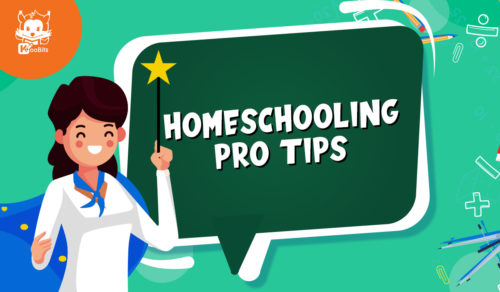Great teachers come in all shapes and forms, but there is one thing all great teachers do really well, though they might not be aware of it. To be a great teacher and help maximize your kid’s learning potential while you homeschool, you need to balance three key ingredients.

1. Expertise
Providing your expertise in the area they’re learning as well as additional resources they can use. Many schools tend to overuse this – classrooms are set up so that the teacher shares their knowledge with the class, who passively receive it. This doesn’t lead to the best learning outcomes, and that’s exactly why it’s crucial to pair it with number 2:
2. Challenge
Give your kid the opportunity to figure things out for themselves. Let them think and come up with their own conclusions. Socratic questions are an excellent way to do this. In them, expertise and challenge are evenly matched: you are asking questions you know will lead them to the correct answer, you’re not leaving them stuck without any help, you aren’t solving the problem for them.
It’s important to make sure your challenge is of an adequate level – if an activity is not challenging enough, it’s boring. If it’s too challenging, it’s frustrating and disheartening. People who make video games know this really well. That’s why level 1 is the easiest, level 2 slightly more challenging, and level 50 quite difficult – but by that point, you have been playing for a while and have gradually built up your skills.
KooBits is designed with this in mind too – the problems kids solve get progressively more difficult as they gain more experience. It makes math addictive.
3. Support
Learning is difficult. That’s why it is crucial for kids to know that it’s ok not to know things, to ask questions, and to make mistakes. A supportive attitude makes challenges exciting instead of stressful. It facilitates learning and makes it rewarding – even when things get tough.
How can you apply this in your homeschooling experience? Do you tend to overuse or underuse one of these factors? Respond in the comments below if you’d like to share – we’d love to hear your thoughts!